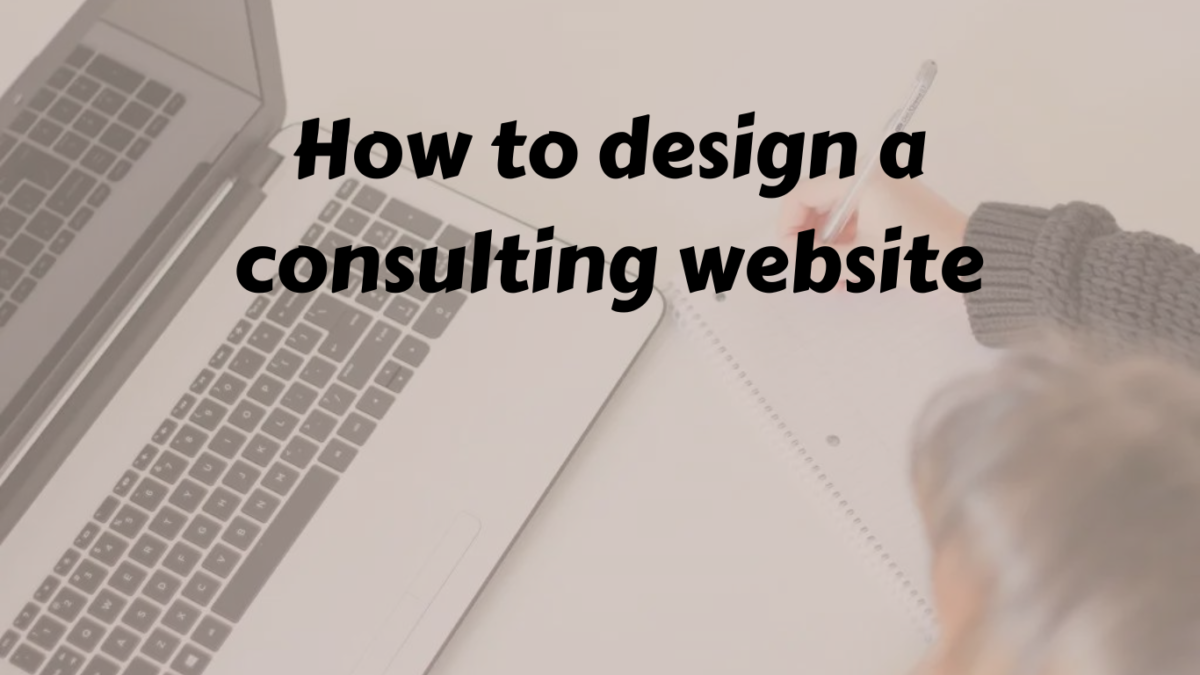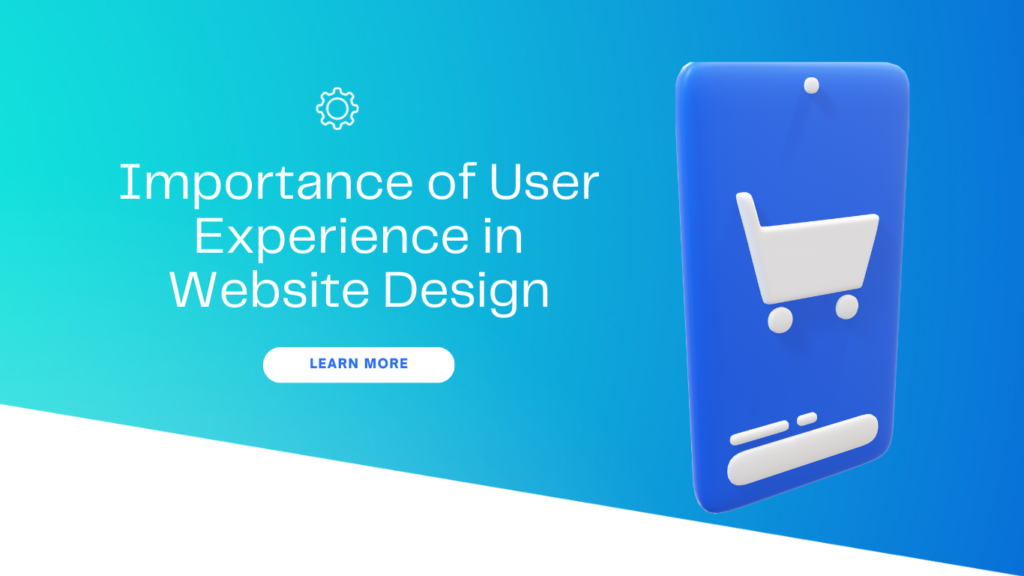Strategic business consulting services provide expert advice and guidance to help companies improve their performance and achieve their goals. Consultants work closely with clients to understand their business, identify opportunities and challenges, and develop effective strategies and solutions. In today’s fast-paced and highly competitive business environment, working with a strategic consultant can give companies a valuable external perspective and help them stay ahead of trends, optimize operations, and drive growth.
In this blog post, we’ll explore what strategic business consulting entails, the key benefits it offers, typical engagement models, and how to select the right strategic consultant for your needs. Whether you’re considering bringing on a consultant for the first time or want to get more value from your current consulting relationships, read on for an in-depth look at maximizing strategic business consulting services.
What is Strategic Business Consulting?
Strategic business consulting is a professional services practice that helps organizations address critical challenges related to their strategic direction and long-term success. Strategic consultants analyze all aspects of a client’s enterprise, including:
- Core competencies and competitive positioning
- Business model and operations
- Organizational structure and capabilities
- SWOT analysis (strengths, weaknesses, opportunities, threats)
- Growth potential and profitability
- Competitive landscape and industry dynamics
Armed with deep expertise and an outside perspective, consultants identify issues hampering performance, unearth growth opportunities, and work with clients to craft custom strategies and solutions. The goal is to build and sustain competitive advantage by optimizing how the organization is positioned, structured, and managed.
Strategic business consulting engagements focus on some combination of:
- Corporate strategy – Defining strategic vision, direction, and objectives. Assessing portfolio mix, markets, and business models.
- Competitive strategy – Analyzing the competitive landscape. Formulating strategies for positioning, differentiation, and go-to-market approach.
- Growth strategy – Identifying opportunities and approaches to drive business growth through new markets, products/services, channels, and inorganic growth via M&A or strategic alliances.
- Operational strategy – Improving value chain configuration, capabilities, and processes to optimize operational performance and efficiency.
- Organization strategy – Designing organizational structure, talent strategy, culture, and leadership to support strategic goals. Enhancing agility and cross-functional collaboration.
The end goal is an integrated strategy and executable plan that sets the company up for sustained success amid market dynamics, competition, and internal capabilities.

Benefits of Strategic Business Consulting
Partnering with a seasoned strategic consultant offers many advantages for organizations seeking to improve performance and strategic focus. Some key benefits include:
External perspective: Consultants approach issues from an objective, outside vantage point. This allows them to identify blind spots, challenge orthodoxies, and bring fresh ideas. An unbiased perspective provides strategic clarity.
Specialized expertise: Consultants possess deep expertise in areas like strategy formulation, market analysis, operational excellence, and change management. They stay on top of the latest methodologies and best practices. This expertise is difficult for companies to build and maintain in-house.
Cross-industry insights: Leading consulting firms work across many industries and clients. They systematically extract and apply lessons, guarding against insular thinking. Clients get insights tailored to their challenges but informed by cross-industry learnings.
Solutions experience: Seasoned consultants have seen many scenarios and solved various client problems. They can quickly diagnose issues and draw on experience to develop strategies and solutions that work. Their experience leads to pragmatic recommendations.
Change leadership: Consultants are experts at leading stakeholders through change. They overcome resistance, get buy-in across the organization, and drive adoption of solutions. Clients thus get both strategic plans and help executing them.
Flexibility and cost efficiency: Consulting services are scalable and flexible, allowing companies to supplement skills and capacity on-demand. Engaging consultants is cost efficient compared to large investments in full-time strategic planning staff. Companies only pay for the expertise when needed.
Overall, strategic consultants augment management’s capabilities via specialized skills, objective advice, cross-pollinated learnings, and change leadership. This drives better strategy and performance improvement.
Strategic Consulting Engagement Models
There are several models through which consultants deliver strategic services, tailored to a client’s needs and context:
Strategy development: Consultants partner with company leadership to formulate strategy or solve a specific strategic issue like entering a new market. After analysis, they develop strategy recommendations.
Strategy execution: Consultants help operationalize and implement a defined strategic plan across people, processes, and systems. Activities may include project management, change management, capability building, and defining success metrics.
Advisory services: Consultants act as an ongoing advisor to executives on strategic matters as they arise. They serve as a strategic sounding board through regular meetings and touchpoints.
Functional consulting: Consultants work within certain business functions like marketing, operations, HR, or technology to develop functional strategies aligned with corporate strategy.
Skill augmentation: Consultants temporarily staff roles like a strategy director to lead specific strategic projects or build in-house capabilities.
Workshops/training: Consultants conduct interactive sessions, workshops, and training programs to build strategic thinking and planning skills within a client organization.
The model is customized based on whether a company needs help defining strategy, executing defined plans, embedding strategic thinking, or some combination. Effective consultants tailor their level of involvement and interaction to client needs.
Selecting a Strategic Business Consultant
Now that we’ve covered the definition, benefits, and models of strategic business consulting, let’s discuss how to select the right strategic consultant for your organization’s specific needs. Key selection criteria include:
Industry expertise: Look for consultants with proven success and deep insights within your industry. They will leverage relevant knowledge and relationships.
Methodology and analytical rigor: Seek consultants skilled at strategic analysis and using frameworks like Porter’s Five Forces, SWOT, scenario planning, and more. Rigor brings strategic clarity.
Experience level: Assess the experience of individual consultants who will staff your engagement. More seasoned resources will offer deeper perspective and expertise.
Strategic focus: Ensure the firm and proposed team specialize in core strategy issues versus just operational execution. They should excel at topics like corporate strategy, growth, competitive strategy, and business models.
Compatibility and style: There should be rapport, trust, and shared work styles between your team and the consultants. Assess through initial conversations.
Change management skills: To drive strategy execution, the consultants should have proven skills in areas like stakeholder communication, adoption, project management, capability building, and culture change.
flexibility and collaboration: Look for responsiveness and a collaborative ethos versus just presenting recommendations. The consultants should customize the engagement to your needs.
Global capabilities: If relevant, seek consultants with global experience and worldwide offices to support regional strategies and multinational engagements.
Credentials and testimonials: Review consultant credentials and get references from past clients on work quality and impact. Case studies and testimonials should demonstrate strategic insight and business impact.
By thoroughly evaluating consultants against these criteria, you can find the right partner to deliver strategic guidance tailored to your business context and priorities.
Realizing Maximum Value from Strategic Consulting
To get the most from engaging strategic consultants:
Provide full access: Give consultants access to data, information, processes, and people across the company. Context will lead to better analysis and recommendations.
Define clear objectives: Be specific about the business objectives, issues, and expected outcomes. Alignment enables sharp focus.
Participate actively: Commit leadership time to participate in diagnosis, strategy development, and decision-making. Your involvement ensures solutions address real needs.
Communicate broadly: Keep the organization informed of the engagement objectives, consultant activities, findings, and recommendations as appropriate. This secures buy-in.
Transfer knowledge: Treat consulting as capability building. Apply learnings and have consultants train your team on methodologies and strategic skills.
Implement recommendations: Don’t just collect reports. Review the consultants’ plan for how to execute the recommendations, allocate resources, and measure impact. Follow through on next steps.
Measure outcomes: After the engagement, measure against original objectives, assess impact on KPIs, and identify opportunities to expand on the work. This ensures you capture the benefits.
By actively participating in and driving action after consulting engagements, you secure strategic gains long after the consultants leave.
Frequently Asked Question
1. What is strategic business consulting?
Strategic business consulting is a professional service where experts analyze and advise organizations on how to improve their overall performance, competitiveness, and long-term success. Consultants provide strategic recommendations to help businesses achieve their goals and overcome challenges.
2. Why do businesses hire strategic consultants?
Businesses hire strategic consultants to gain fresh perspectives, access specialized expertise, and receive unbiased advice. Consultants help identify opportunities, solve complex problems, and develop effective strategies to enhance business performance.
3. What are the typical areas that strategic business consultants address?
Strategic consultants can assist with a wide range of areas, including business growth, market entry, cost optimization, organizational restructuring, innovation, marketing strategies, and more. They tailor their services to meet the specific needs of each client.
4. How do I choose the right strategic consulting firm for my business?
Choosing the right consulting firm involves assessing their experience, industry expertise, track record, and client testimonials. It’s essential to select a firm whose values align with your organization and has a proven track record of delivering results.
5. What is the process of working with a strategic business consultant?
The process typically involves an initial assessment of your business’s current state, setting clear objectives, data analysis, strategy development, implementation planning, and ongoing monitoring and adjustment as needed.
6. Can strategic consultants help with small businesses as well as large corporations?
Yes, strategic consultants work with businesses of all sizes, from startups and small businesses to large corporations. They adapt their approach to the unique challenges and goals of each client.
7. How long does a typical strategic consulting engagement last?
The duration of a consulting engagement can vary widely depending on the complexity of the project and the client’s objectives. Some projects may last a few weeks, while others may extend over several months or even years.
8. What should I expect in terms of cost for strategic business consulting services?
The cost of consulting services depends on various factors, including the scope of the project, the consultant’s expertise, and the duration of the engagement. It’s crucial to discuss pricing and expectations upfront with your chosen consultant.
9. How can I measure the success of a strategic consulting engagement?
Success can be measured through key performance indicators (KPIs) such as increased revenue, improved profitability, enhanced market share, and the successful implementation of recommended strategies. Consultants often establish measurable goals at the outset.
10. Is confidentiality maintained when working with strategic consultants?
Yes, reputable consulting firms adhere to strict confidentiality and non-disclosure agreements to protect your business’s sensitive information and data.
Conclusion
In today’s highly competitive and fast-paced business environment, partnering with a seasoned strategic consultant offers tremendous advantages. Companies that leverage specialized expertise, objective insights, change leadership, and global best practices are better positioned to build robust strategies, unlock growth opportunities, and achieve performance improvement.
Whether seeking an outside perspective on corporate strategy, help entering new markets, or improved operational strategies, strategic business consulting services deliver value across the spectrum of strategy needs. Choosing consultants with rigorous methodologies, industry expertise, and change management experience is key to a successful engagement. By investing appropriately in strategic consulting support and staying engaged throughout the process, companies can make decisions and progress not possible on their own.











